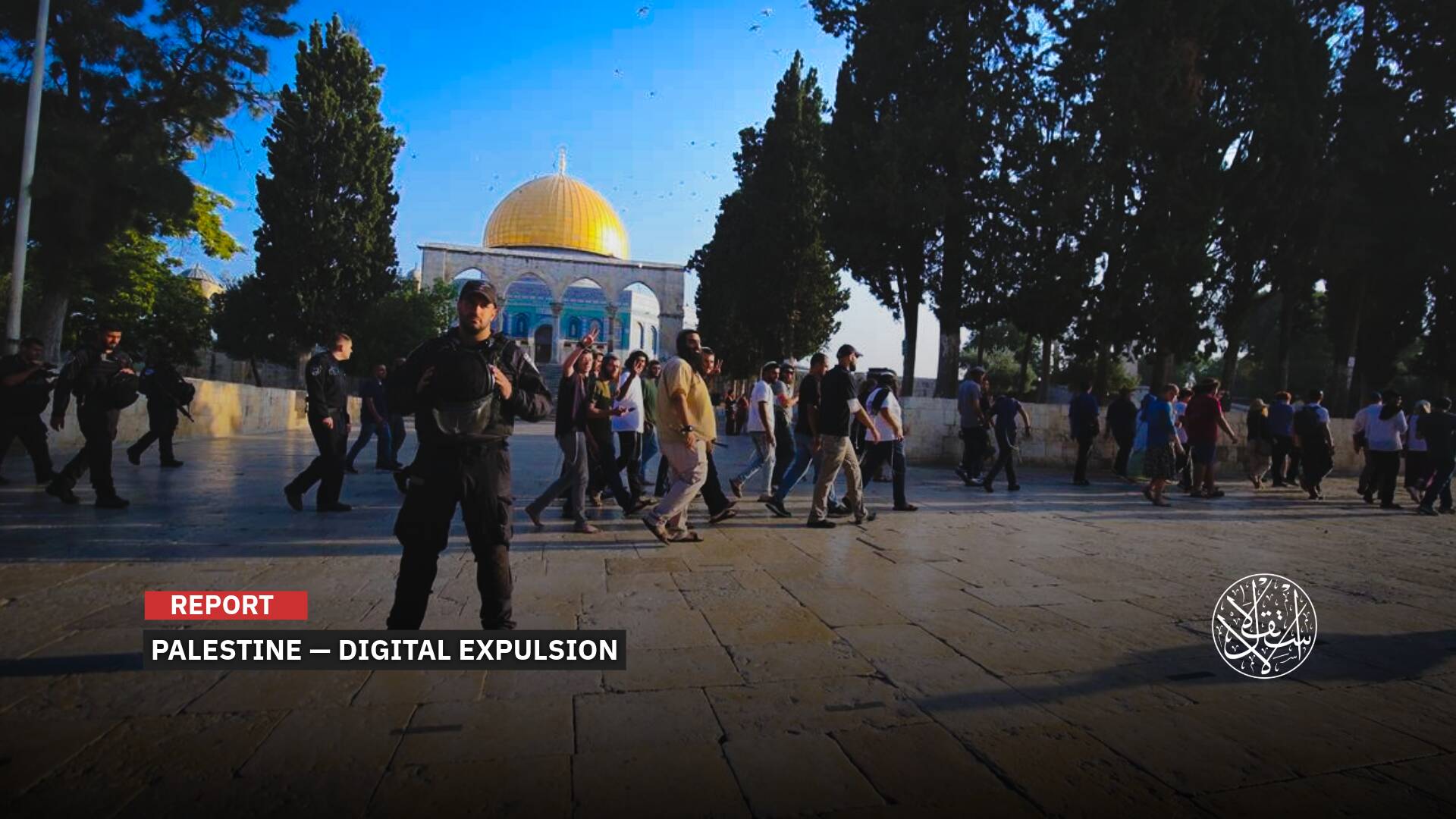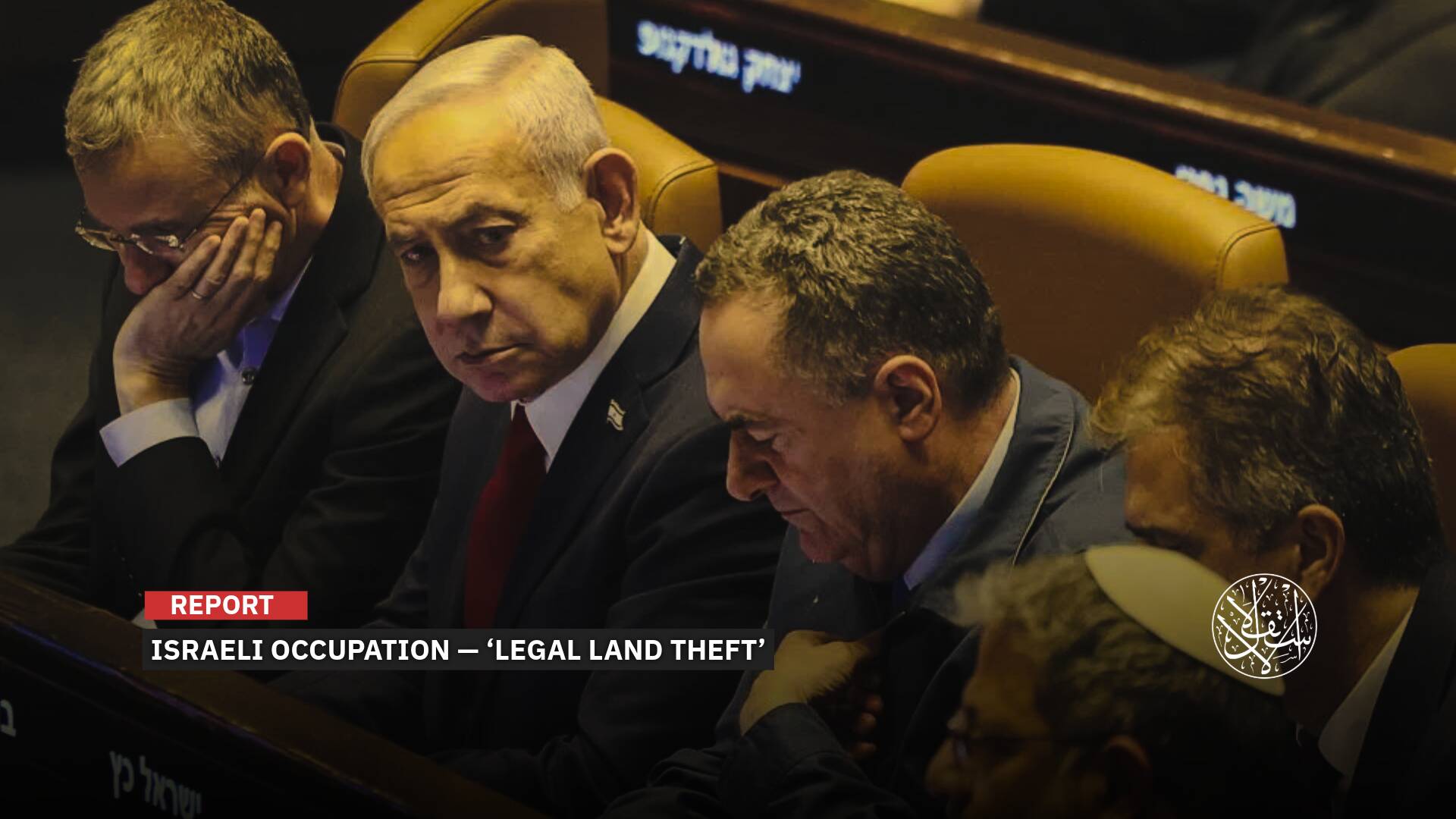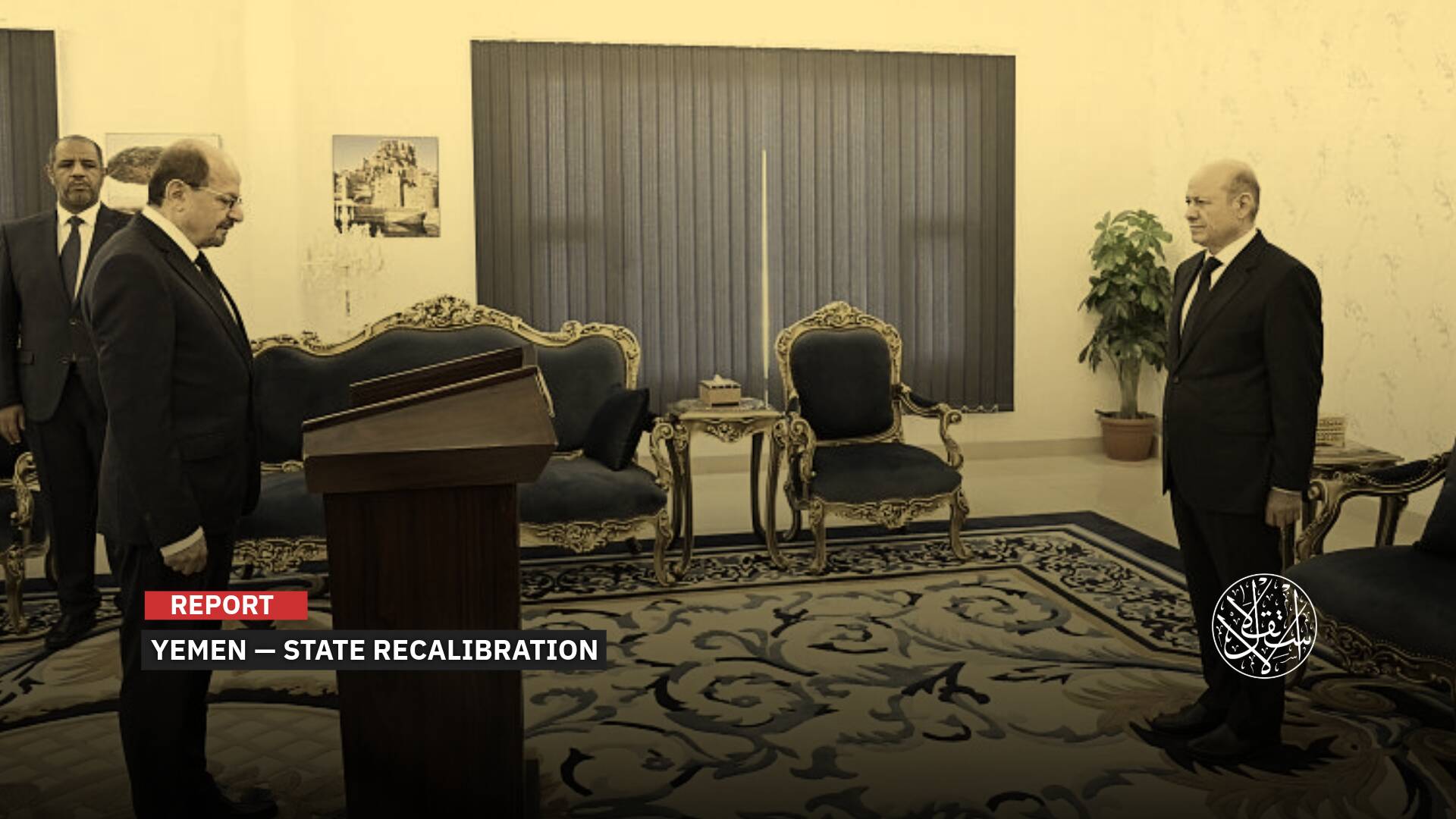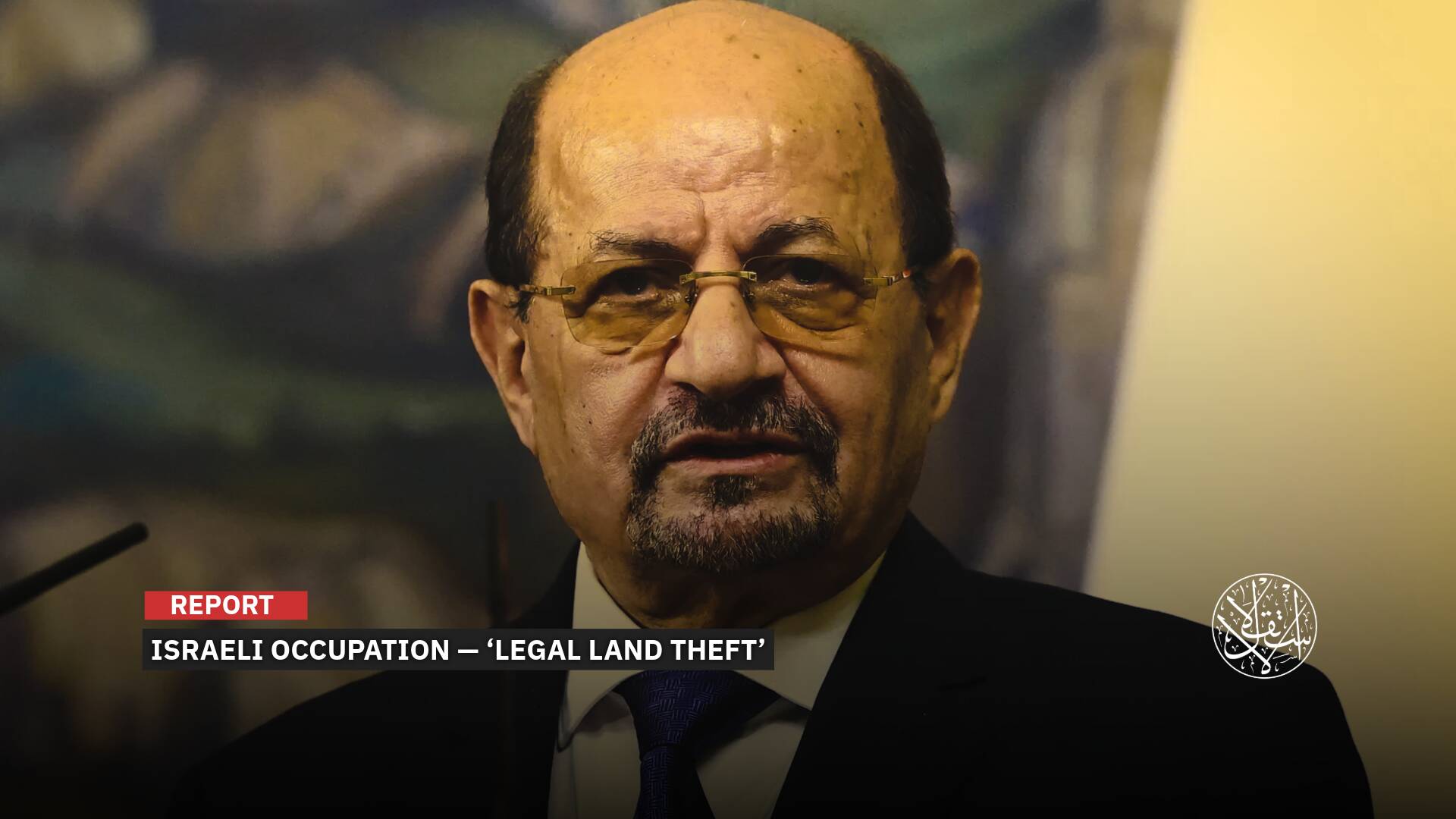How the Oscar Win for the Film ‘No Other Land’ Ignited Social Media and Angered 'Israel'

“Some said the film’s Oscar win was largely facilitated by the involvement of an Israeli director.”
Despite political difficulties and distribution challenges, the film ‘No Other Land’ was able to achieve a historic achievement by winning the 2025 Oscar for best documentary category, sparking widespread controversy over its central issue and its artistic and human impact.
While some considered it a true testimony to the suffering of the Palestinians, critics described it as anti-Israel.
Activists indicated through the use of several hashtags, including #NoOtherLand and #Oscars2025, that the film revealed to the world the oppressive practices that the Palestinians are subjected to, especially in Masafer Yatta, one of the areas most targeted by demolitions and displacement operations in the occupied West Bank.
It is worth noting that the Israeli army declared Masafer Yatta a closed military zone in the 1980s.
In 2022, the Israeli Supreme Court issued a ruling allowing the expulsion of more than a thousand residents of the area.
Wide Success
The Palestinian documentary film ‘No Other Land’ won the Oscar, sparking joy and pride among Palestinian and Arab social media users, while angering and criticizing the Israeli side.
The film’s directors are Palestinians Basel Adra and Hamdan Ballal, and Israelis Yuval Abraham and Rachel Szor, who are known for their somewhat pro-Palestinian activities.
The film, a joint production between Palestine and Norway, is an act of resistance to convey the suffering of Palestinians in the face of the practices of the Israeli occupation.
Over the course of 95 minutes, the film highlights the demolition and displacement practices carried out by the Israeli occupation against the residents of Masafer Yatta from 2019 to 2023.
The film was first screened last year at the Berlin Film Festival, and won the Audience Award for Best Documentary in the Panorama Section and the Documentary Award, and has won numerous awards at international festivals.
Despite the film’s global success, there are still those who do not care or submit to lobbies, as the film has not yet found a distributor in the United States, not even on one of the many streaming platforms, which prompted the crew to distribute it themselves.
In an interview with the Democracy Now website, Israeli co-director Basel Adra stated that the lack of official distribution of the film is due to clear political reasons, expressing his hope that the situation will change in the future.
Despite this, the film was able to achieve wide success, as it was screened in about 100 independent cinemas in the United States, and all its tickets were sold out.
Adra’s acceptance speech at the Oscars struck a particularly powerful chord on social media, where many hailed him as a symbol of Palestinian resilience in the occupied West Bank.
“The film reflects the harsh reality that we have been enduring for decades and still resist as we call on the world to take serious actions to stop the injustice and to stop the ethnic cleansing of the Palestinian people,” Adra said on accepting the award.
Media critic Chase Hutchinson said the film traces the sadness and despair on the faces of the residents in every scene where the demolition machinery approaches, offering a deeply human vision of the suffering of Palestinians under Israeli occupation.
In turn, writer Owen Jones reported that the Oscar win for 'No Other Land' should scare “Israel”, noting that One day, that will mean no more arms and support for Israel's crimes.
“This victory makes history as the first for a Palestinian filmmaker against decades of silencing and ethnic cleansing despite daily attacks by Israel on the occupied West Bank since the Gaza ceasefire,” said former British MP Claudia Webbe.
Israeli Outrage
In contrast, the Oscar-winning Palestinian film ‘No Other Land’ has sparked a wave of criticism and outrage on the Israeli side.
Israeli co-director Yuval Abraham has been subjected to death threats and protests near his family’s home in Israel, forcing him to extend his stay abroad for fear of arrest or retaliation.
The film’s win has been slammed by Israel’s Culture Minister, Miki Zohar, as a misrepresentation of Israel’s image in the world.
“This is a propaganda film that serves the false Palestinian narrative, and seeks to undermine the legitimacy of the State of Israel in the international arena in order to cause boycotts and sanctions,” Meir Deutsch, director-general of Israeli NGO Regavim, said in a statement.
Some Jewish accounts on X largely sought to discredit the film and its creators. One widely circulating post complained that the directors had blasted Israel for the destruction of Gaza, but had not mentioned Hamas by name.
The Israeli writer Noa Magid said Abraham was part of a radical minority in Israel.
In some media outlets, the film was framed as part of the media war against Israel.
The right-wing Israeli Channel 14 criticized the win, describing the film as an anti-Israel documentary, adding that Hollywood was proving once again that it chose to side with the other side.
Western media have tried to avoid saying the film is about Israel’s ethnic cleansing of Palestinians in the West Bank, as writer Assal Rad said.
Controversial Film
What sets ‘No Other Land’ apart from other documentaries about the Palestinian cause is its ability to penetrate the mainstream media landscape in the West, something that many previous films have failed to do, despite their high quality.
However, some said the film’s win was largely facilitated by the involvement of an Israeli director, rather than its Palestinian narrative.
“If the film were purely Palestinian, it would not have made it to the Oscars so easily,” one of them stated.
When Abraham received the award, his remarks ignited a debate on social media, with activists questioning his framing of the Palestinian struggle as a battle for peace and coexistence.
His appeal for a political solution with national rights for both peoples further drew anger and outrage, with many seeing it as an implicit endorsement of the two-state solution.
Abraham's remarks coupled with his liberal Zionist stance sparked outcry after he used the Palestinian cause to win an Oscar.
Palestinian Writer Yara Hawari criticized Western standards that require a Palestinian voice to be accompanied by an Israeli voice to be considered legitimate in the mainstream.
“A former Israeli soldier talking about the Israeli occupation will certainly attract a larger audience than a Palestinian talking about life under Zionist settler colonisation,” she wrote on X.
Associate professor Shabana Mir expressed her frustration following months of Israel’s genocidal war on Gaza.
“Abraham’s Oscar acceptance speech was annoying. After 16 months of genocide. I'm tired of Zionists talking about Palestinians,” she said.
Sana Saeed, a Media critic and former correspondent at AJ+ and host of the series Backspace, also pointed out how Abraham’s remarks contributed to the erasure of power dynamics between the occupied and the occupier.
Kylie Cheung, a staff writer at Jezebel, echoed similar concerns, highlighting the frustration over Israeli voices being positioned as necessary to narrate Palestinian stories.
Prominent Palestinian-American activist Susan Abulhawa also criticized Abraham’s speech at the Oscars and his stance on Israel’s war on Gaza, blaming him for capitalizing on Palestinian suffering for personal gain.
Veteran journalist and director Ali Abunimah noted that the politics surrounding the film deserve more scrutiny beyond cheering and adulation, especially that the film was funded by the EU.
Renowned journalist and filmmaker Dan Cohen also took to X to share his critique of Abraham, stating that he stayed within the confines of liberal Zionist/two-state solution discourse.
Well-known Israeli writer Alon Mizrahi discussed the political motivations that may have contributed to the documentary's Oscar win, describing the film as a hasbara asset serving the Israeli regime's propaganda efforts.









